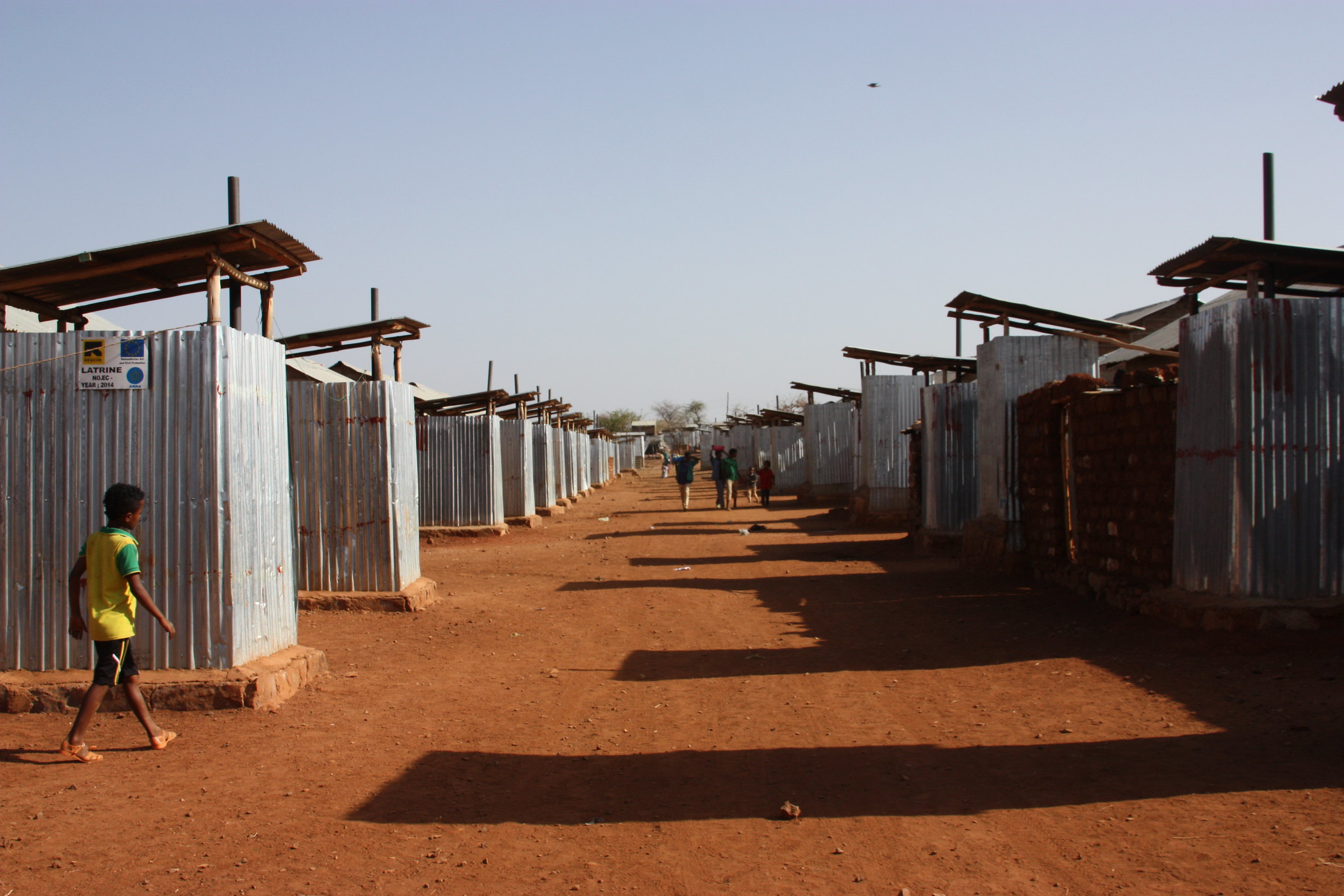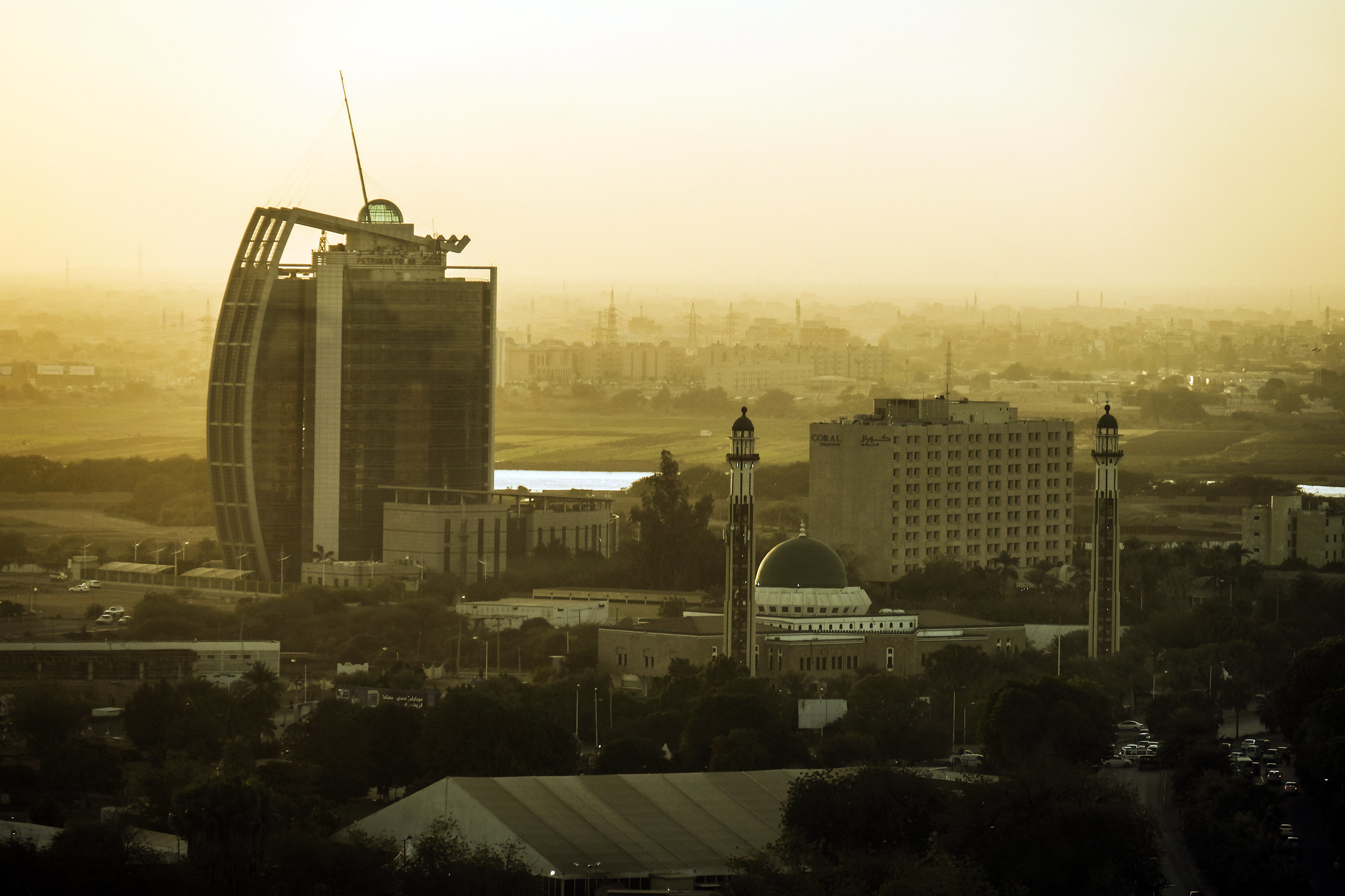Sudan has been marred by violence and conflict for several decades. The current conflict has resulted in countless deaths and the displacement of millions of people. It has also had a devastating impact on the country’s social and economic fabric, leaving Sudan in a state of turmoil. Christopher Zambakari explores the historical context of the conflict and what the international community can do to bring an end to the violence.
The ongoing, seemingly nonstop violence in Sudan has been fueled by political, economic, and social factors, including ethnic and religious tensions, economic inequality, and political instability. Understanding the historical and social context of the conflict is therefore crucial to finding a long-term solution to the bloodshed.
From colonialism to civil wars
The current violence in Sudan has its roots in a complex history of colonialism and the concentration of political power and wealth in Sudan’s centre at the exclusion of the country’s peripheries. Sudan was colonised by Britain and Egypt in the 19th century. After gaining its independence in 1956, the country struggled to establish a stable government. Plagued by coups and civil wars, Sudan became an ever-expanding internal battlefield. The longest conflict lasted from 1983 to 2005, an intense 22-year war between the central government in Khartoum and the Sudan People’s Liberation Army fought over self-determination for Southern Sudan and control over resources, including oil.
Two and a half million people died in the two-decade war between the southern insurgents and the government of Sudan.
But “the end” wasn’t as clear cut as the simple signing of a peace agreement. Despite a settlement supported by the region and wider international community to end hostilities, the peace deal was followed by continued tensions between different ethnic and religious groups, leading to outbreaks of violence, including the brutal conflict in Darfur that ignited in 2003.
Darfur, historically one of the most remote regions of Sudan, is the fiercely independent home to as many as 80 ethnic groups divided between nomads and sedentary communities. A sprawling land of nearly 200,000 square miles on Sudan’s western edge, its people have long resisted efforts by different groups seeking to control the whole of Sudan.
What makes the Darfur conflict important is that it becomes a microcosm of Sudan’s ills. The rebels say they are fighting against marginalisation and underdevelopment. But every part of Sudan – north, south, east, and west can claim to also be ignored by the country’s elite in the centre.
When does it end?
The current conflict in Sudan has its roots in December 2018, when protests erupted against President Omar al-Bashir’s government, which had been in power for 30 years. The protests were sparked by economic hardship, corruption, and political repression, and quickly spread across the country. The government responded with force, leading to the death of dozens of protesters and the arrest of opposition leaders. In April 2019, after months of unrest, the military overthrew al-Bashir’s government and established a transitional government, which itself was overthrown in 2021. The latest coup resulted in the creation of a ruling council of generals led by General Abdel Fattah al-Burham and General Mohamed Hamdan Dagalo who are now at odds over the direction of rule and the proposed move toward a civilian-run government.
A framework deal crafted with the hope of putting the government back in the hands of the people was agreed to in December 2022 but has failed to take effect. Instead, the violence has continued, with armed groups vying for control over different regions and resources. The conflict has led to widespread human rights abuses, including sexual violence, forced displacement, and unprovoked attacks on civilians.
Bringing peace to Sudan
There must be international action to bring peace to Sudan. To end the violence in the war-torn country, the global community, including the UN, African Union, and Arab League, must act. This includes supporting the current transitional government in its efforts to establish a stable and inclusive government, providing humanitarian aid to those affected by the conflict, and holding perpetrators of human rights abuses accountable.
The international community, rather than choosing sides to support, should form a rock-solid alliance in opposition to the war. Isolate the combatants by making it clear peace is the only solution, there will be no compromise, no support of one side over the other, without an end to the fighting.
The international community could do much to improve the situation in Sudan by providing technical and financial assistance to the transitional government to help it establish a stable and inclusive government. This includes supporting efforts to reform the security sector, establish a fair and independent judiciary, and promote human rights and democratic governance.
Countries with influence over al-Burham and Dagalo, like Saudi Arabia and the UAE, should insist on a ceasefire, which would allow time for cooler heads to prevail if they can be brought together to negotiate an end to the fighting.
The conflict has resulted in widespread displacement and suffering, with millions of people in need of humanitarian assistance. The international community should organise funding and support for humanitarian organisations to ensure that those affected by the conflict receive the assistance they need, including food, shelter, and medical care.
The root causes of the conflict, including historical, political, and economic factors, must be addressed. The international community can play a lead role in bringing the right players to the table in meaningful conversation and effective action. This can be achieved by promoting reconciliation, addressing grievances and promoting the equitable distribution of resources.
The international community should promote dialogue and negotiation between the different groups in Sudan. This can be achieved by facilitating talks and providing a neutral platform for discussion.
Let’s act. Now.
The conflict in Sudan has its roots in a complex history of colonialism and a struggle for power and resources. To end the violence, the international community must take action to support the transitional government, provide humanitarian aid and strengthen Sudanese stakeholders from political parties to current power holders like the military, civil society organisations, human rights defenders, and independent media. Such support is critical to the successful promotion of democracy and human rights in Sudan. It will take the participation of the people, the leaders of the paramilitaries, civil society organizations and the firm backing of regional organizations like the African Union, The Intergovernmental Authority on Development, the Arab League, and the UN.
With these steps, there is hope that Sudan can establish a stable and inclusive government and build a more peaceful and prosperous future for its people.






1 Comments